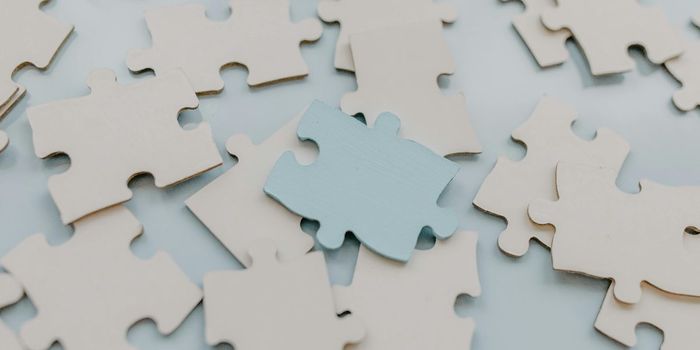Getting older may have its benefits. One of them may be getting by with less sleep and feeling good about it. A new study done at the University of Lausanne in Switzerland discovered that the older population needs less sleep than its younger counterparts and feels more awake during the day.

Published August 13 in
Annals of Medicine, and reported by Bevin Fletcher in
Bioscience Technology, the report reveals that the team studied 6,733 participants from ages 35 to 75, all of whom were randomly selected. Any people with a declared sleep disorder were not included in the study. Data on individuals’ sleep patterns were evaluated by means of a variety of methods ranging from questionnaires to sleep studies.
The results revealed that older populations went to bed earlier and got up earlier. Additionally, in spite of reporting less overall sleep, they complained less about sleepiness — and pathological sleepiness is significantly lower in older patients than in younger participants. These results suggest that they may actually require less sleep.
While the time required to fall asleep at night increases with age, that is only the case for women. Both males and females witnessed a decrease in sleep efficiency as they aged. As a result, they are more likely to wake up during the night. On the other hand, older people reported that they had better sleep quality and daytime functioning. Lead researcher Gianina Luca and colleagues cited two possible reasons for this fact: “One possible explanation for better rating of daytime and sleep quality is an adaptation of expectations about sleep in older populations, or an acclimatization to sleep changes over time.”
In toto, the research suggests that people will be more satisfied with sleep quality and patterns as they grow older, and they will feel more refreshed. As a result of these factors, they will function better during the day.
The authors concluded that “Age-related changes in sleep do not affect subjective sleepiness or daytime functioning. Presence of sleep complaints should not be viewed as part of normal aging, but should prompt the identification of underlying co-morbidities. Normative data for sleep should be adapted for aging populations to reduce overmedication in the elderly. Our findings on the history of sleep micro- and macro-structure can be used as standards to evaluate impaired sleep structure in populations with specific pathologies. Moreover, the prospective clinical follow-up of this cohort (in progress) will determine the clinical significance of changes in sleep states and associated EEG features in terms of incident neurologic and psychiatric diseases.”









